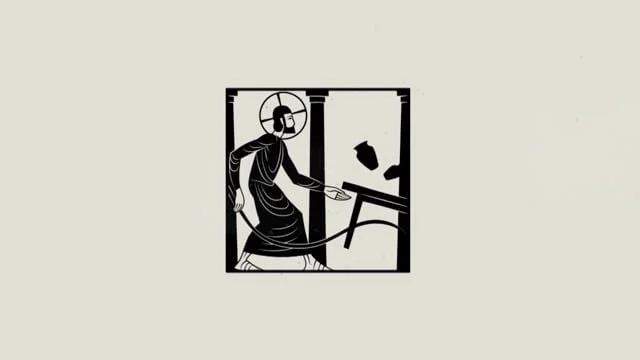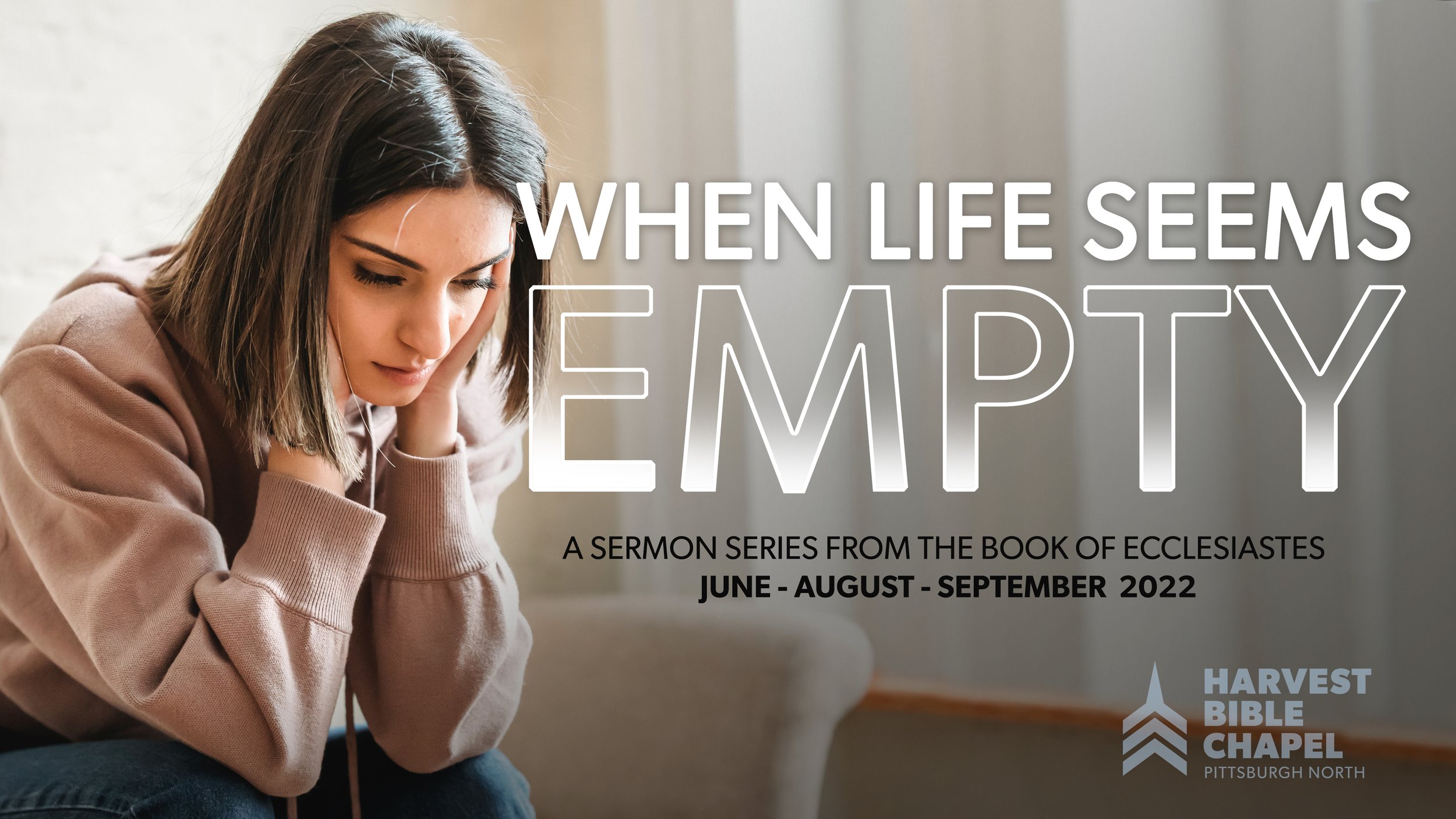How do you plan for this?
Like most Americans (I'm sure), the assassination attempt on Donald Trump has been swirling around my head nonstop for the past few days. I didn't say anything to the church Sunday, because frankly, I wasn't prepared. How do you plan for that?
Maybe that's a question more relevant for the event at the Butler Farm Show Grounds last weekend. How do you plan for that?
I mean, if you squared up and challenged me to a fight, I can prepare myself. But if you sucker-punch me... there's just no way I can prepare for that.
Terrorism is a lethal sucker-punch – and even with all the preventative measures taken at the rally, there's no way to anticipate such a horrible sucker-punch in a crowd of 25k people.
We must pray for those who attended and witnessed this horrible attack, especially our own people who are in law enforcement that have to now carry an incredible weight – on top of the weight they already carry just by virtue of the nature of their job.
I want to caution you on your media intake. We have all been glued to the TV, awaiting updates, wanting more information as to what happened, and why. And as the media often leads the charge: everyone is playing the blame game.
If a plane goes down, who is blamed? The pilot. If there are problems in the church, who is blamed? The pastor.
In a situation like this, it is often law enforcement that is blamed – the same people who daily put their lives on the line to protect the public - and did a tremendous job of that on July 13.
Guns are also blamed, despite the fact that the murderer was taken down by a gun.
So who is to blame? Let's put responsibility where it belongs: on the murderer. And those who know their Bibles will know that the underlying problem is ultimately sin, which we all inherit and is only remedied by the work of Jesus Christ that forgives us and changes us.
Real peace is coming soon - when the Prince of Peace returns and rules over His creation.
In the meantime, even in the face of tragedy, we have so much to be thankful for. Yes, there was a casualty, and even one is way too many. But it could have been a massacre.
Thanks to our law enforcement, the threat was neutralized, preventing countless other deaths, including preventing the death of Donald Trump.
We must pray for our law enforcement, as the trauma and fallout will go on. And if you know someone that was there, reach out. Ask them if they are ok and if you can get together. To talk. To pray. Even for you to just listen to them.
We will be meeting for prayer at HBC Sunday afternoon at 5pm. Please come and lift up our nation, or leaders, and all those affected by Saturday's events.
2 Corinthians 1:3-4 - Blessed be the God and Father of our Lord Jesus Christ, the Father of mercies and God of all comfort, who comforts us in all our affliction, so that we may be able to comfort those who are in any affliction, with the comfort with which we ourselves are comforted by God.




